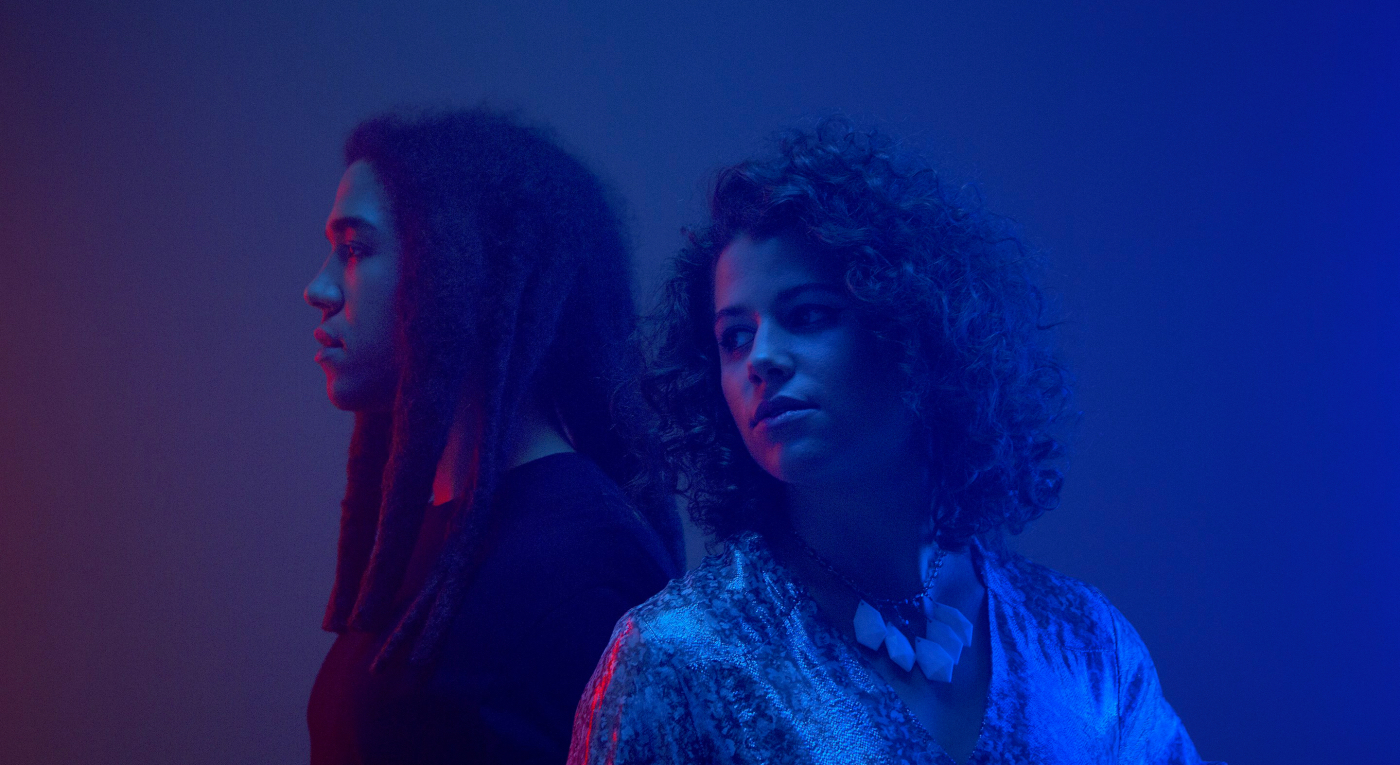Electric Youth

After Electric Youth first made a splash in 2011 with their contribution to the Drive soundtrack, “A Real Hero,” the Toronto duo’s widescreen synth pop defined the stylish, slightly retro sound that flourished for the rest of the 2010s. On their 2014 debut album Innerworld, instrumentalist/producer Austin Garrick and singer Bronwyn Griffin defined their breezy yet pulsing take on ’80s sounds as filtered through a soft-focus 21st century lens. Later, they made the most of their flair f...
After Electric Youth first made a splash in 2011 with their contribution to the Drive soundtrack, “A Real Hero,” the Toronto duo’s widescreen synth pop defined the stylish, slightly retro sound that flourished for the rest of the 2010s. On their 2014 debut album Innerworld, instrumentalist/producer Austin Garrick and singer Bronwyn Griffin defined their breezy yet pulsing take on ’80s sounds as filtered through a soft-focus 21st century lens. Later, they made the most of their flair for the cinematic with 2017’s largely instrumental Breathing (which was originally conceived as a soundtrack) and showcased the breadth and depth of their music with the ambitious pop of 2019’s Memory Emotion.
Garrick and Griffin met while in sixth grade, began dating a couple years later, and officially started the band in 2009. After recording a few demos, including a cover of Clio’s Italo-disco classic “Faces,” they caught the ear of the similarly ’80s-focused Valerie Collective and met up with like-minded artists such as College, Anoraak, and others. Around this same time, they self-released their first single, “Replay,” and started performing shows around town. They also began working with College in earnest, providing vocals for the song “She Never Came Back” on the 2009 album Secret Diary. ’80s-focused artist Grum also came calling and Griffin provided vocals for a track (“Turn It Up”) on his 2010 album Heartbeats. The next year saw their big break with “A Real Hero,” another College collaboration that was featured in Nicolas Winding Refn’s 2011 film Drive. Partly inspired by the 2009 crash landing of Flight 1549 and the heroic actions of pilot Chesley Sullenberger, the song earned critical acclaim and helped define the dreamy synth pop sound associated with Refn’s aesthetic. The duo’s second single, “Right Back to You,” arrived soon after and was followed by the 2012 track “The Best Thing.”
To make their debut album, Electric Youth recorded in their Toronto studio and in an L.A. studio that came complete with a screening room, which allowed Griffin and Garrick to let their cinematic obsession bleed into the music. While they worked with co-producers Vince Clarke and Peter Mayes, the duo also made time to appear on Sally Shapiro‘s 2013 album Somewhere Else. After signing to Secretly Canadian, they released the single “Innocence,” the first taste of September 2014’s Innerworld. Featuring “A Real Hero” and “The Best Thing” along with previously unreleased tracks, the album was widely acclaimed. Following Innerworld’s release, Electric Youth reunited with Refn, lending the song “Good Blood” to the soundtrack of his 2016 film The Neon Demon. Garrick and Griffin also collaborated with director Anthony Scott Burns, composing music for his film Breathing; however, the movie was changed so much during post-production that both Burns and the duo left the project. Griffin and Garrick then released the Breathing score on Milan Records as part of the Nicolas Winding Refn Presents series of albums in September 2017. In 2019, Electric Youth worked with Gesaffelstein on his album Hyperion and contributed to Ryuichi Sakamoto‘s remix album async: Remodels before delivering their second album, Memory Emotion. Recorded in their Toronto home with vintage synths and samplers, the album was released by Last Gang Records in August 2019.